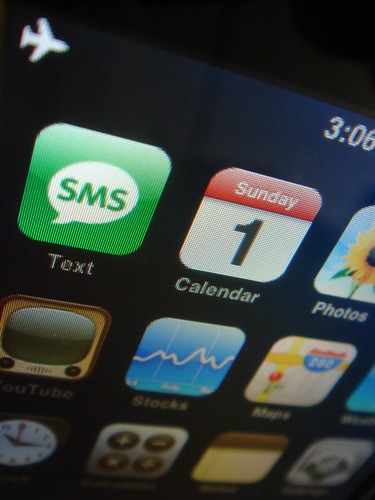When choosing a mobile carrier, reliability is a top priority for most users. Dropped calls can disrupt conversations, hinder productivity, and frustrate customers. In this guide, we’ll explore which carrier offers the fewest dropped calls, based on the latest data and industry insights.
Factors Affecting Dropped Call Rates
Dropped call rates depend on several factors:
- Network Coverage: A robust network with nationwide coverage reduces the likelihood of dropped calls.
- Technology: Carriers with advanced infrastructure, like 5G and enhanced LTE, often experience fewer call interruptions.
- Congestion: Overcrowded networks can lead to more dropped calls, especially during peak hours.
- Geography: Urban areas typically have better coverage than rural or remote locations.
Comparing Dropped Call Rates Among Major U.S. Carriers
The four leading U.S. carriers—Verizon, AT&T, T-Mobile, and UScellular—consistently compete for the title of the most reliable network. Here’s how they compare:
1. Verizon
- Strengths: Known for excellent coverage in urban, suburban, and rural areas.
- Performance: Verizon often ranks as the carrier with the fewest dropped calls, thanks to its extensive network infrastructure and reliability in remote locations.
2. AT&T
- Strengths: Offers strong coverage, especially in metropolitan areas, with a rapidly expanding 5G network.
- Performance: AT&T boasts low dropped call rates and is a close competitor to Verizon in terms of reliability.
3. T-Mobile
- Strengths: Leading in 5G availability and speeds, T-Mobile excels in urban and suburban regions.
- Performance: While call reliability is strong in cities, rural coverage can sometimes result in higher dropped call rates compared to Verizon or AT&T.
4. UScellular
- Strengths: Provides localized coverage in specific rural areas where larger carriers may struggle.
- Performance: Dropped call rates can vary significantly depending on the region.
How to Reduce Dropped Calls
Even with a reliable carrier, occasional dropped calls can occur. Here are tips to minimize interruptions:
- Switch to Wi-Fi Calling: In areas with weak cellular coverage, Wi-Fi calling can ensure uninterrupted communication.
- Check Coverage Maps: Review carrier coverage maps to ensure strong service in your area.
- Upgrade Your Device: Older devices may struggle to connect to newer networks, leading to more dropped calls.
- Monitor Network Congestion: Avoid making calls during peak hours if possible.
The Verdict: Which Carrier Is Best for Dropped Calls?
Studies and user surveys frequently place Verizon at the top for having the fewest dropped calls. However, AT&T and T-Mobile are strong contenders, particularly in areas where their coverage excels. Your choice should depend on your location, usage habits, and network preferences.
For more detailed insights into coverage and dropped call rates in your area, explore Cell Phone Coverage Maps for a data-driven approach to choosing the best carrier for your needs.
By prioritizing a reliable network, you can stay connected without the frustration of dropped calls. Choose wisely and enjoy seamless communication!





























